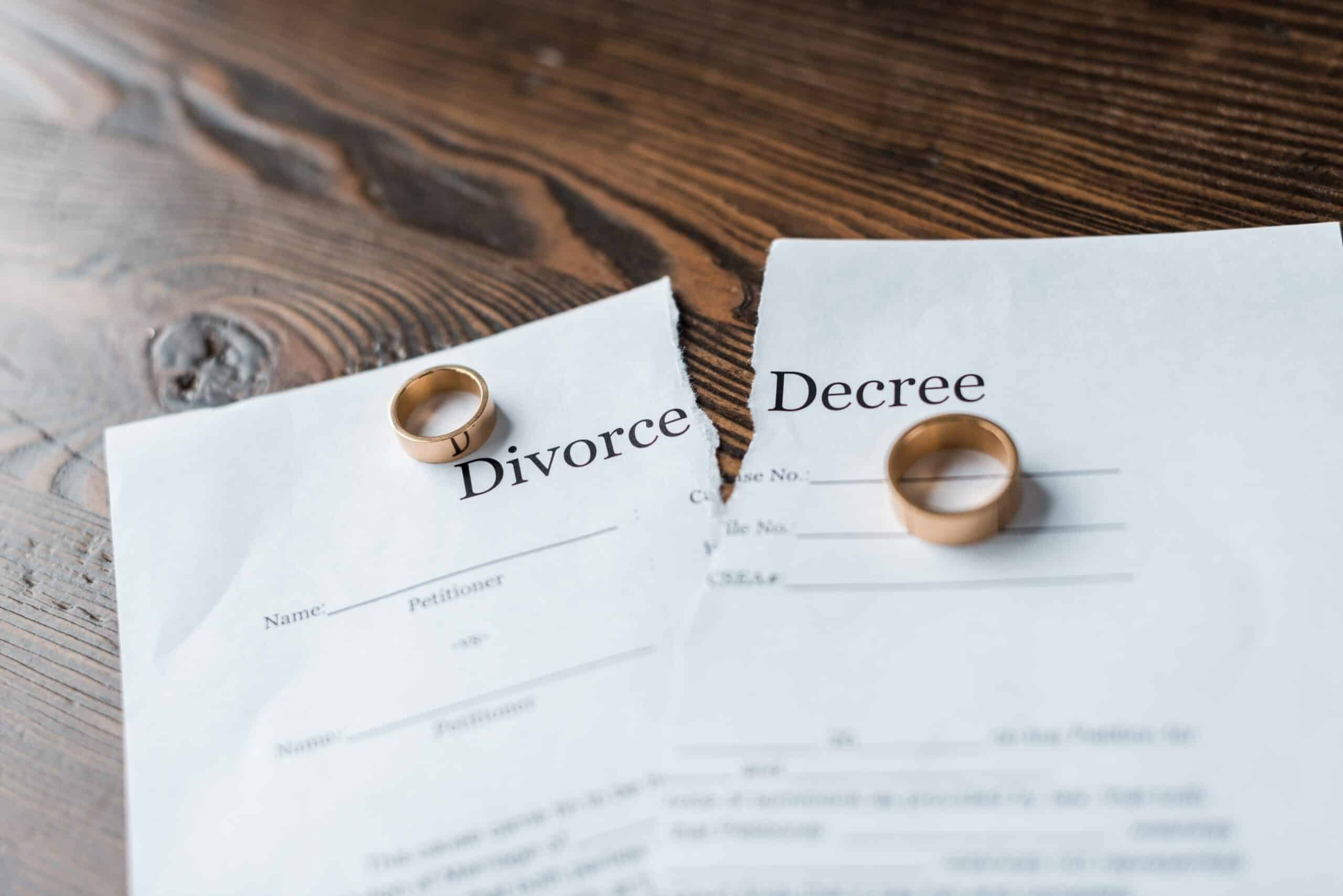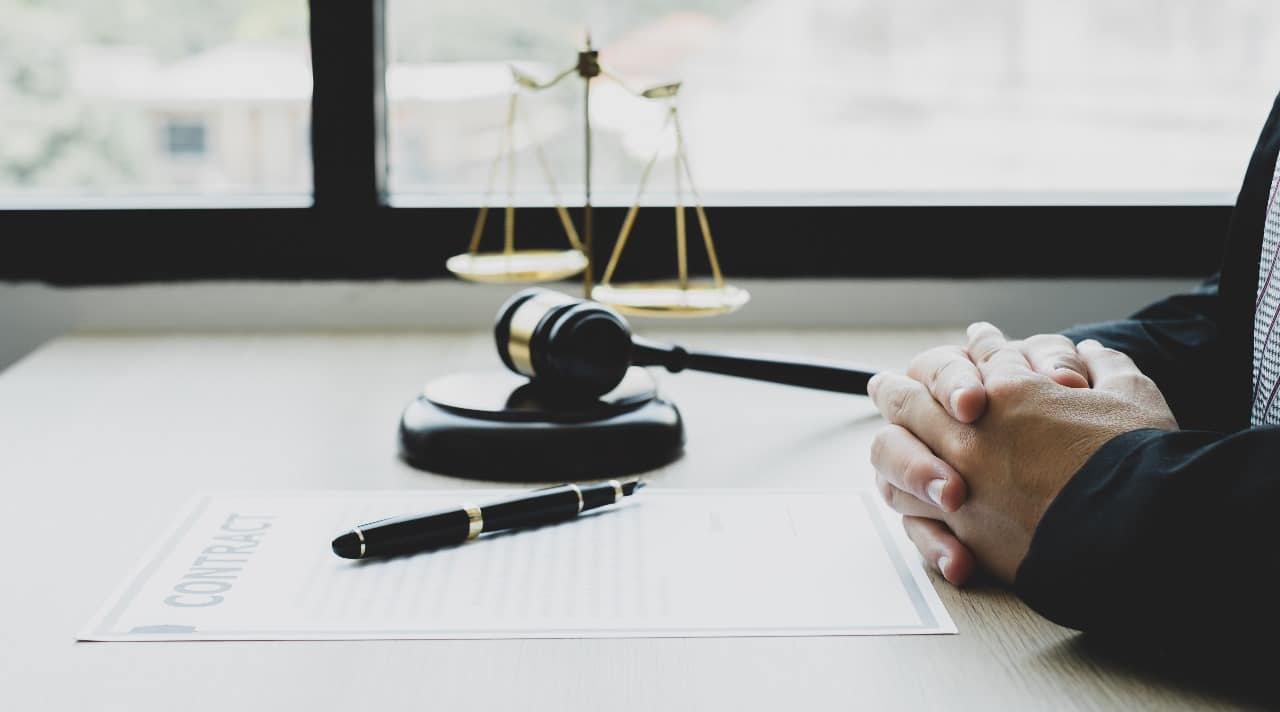Common Types of Financial Crimes
Fraud
Fraud is a broad category that encompasses various deceptive practices intended to result in financial or personal gain at the expense of another party. Some of the most prevalent forms of fraud in Calgary include:
Investment Fraud: This involves misleading investors about the potential returns of an investment or fabricating the existence of an investment opportunity altogether. Victims of investment fraud often suffer substantial financial losses.
Credit Card Fraud: Criminals may use stolen credit card information to make unauthorized purchases, which can lead to both criminal charges and civil litigation for the perpetrator.
Insurance Fraud: Individuals or companies may commit insurance fraud by falsifying claims to receive payouts that they are not entitled to under their policies.
Money Laundering
Money laundering is the process of disguising the origins of illegally obtained money to make it appear as though it came from legitimate sources. This type of crime is often connected to other criminal activities such as drug trafficking or organized crime. Money laundering is a serious offence under Canadian law, with penalties that can include hefty fines and lengthy prison sentences.
Embezzlement
Embezzlement occurs when someone in a position of trust, typically within a business or corporate environment, misappropriates funds for personal use. This could involve an employee stealing from their employer or a financial officer diverting company resources for personal gain.
Tax Evasion
Tax evasion refers to the illegal act of intentionally avoiding paying taxes owed to the government. This may include underreporting income, claiming false deductions, or hiding assets in offshore accounts. In Canada, tax evasion is treated as a serious offence under the Income Tax Act and can result in criminal penalties, including fines and imprisonment.
Identity Theft
Identity theft is a rapidly growing financial crime where individuals steal someone’s personal information, such as social security numbers, banking details, or credit card information, to commit fraud or other illegal activities. The rise of digital technology has made it easier for criminals to obtain sensitive data, making identity theft one of the fastest-growing types of financial crimes in Calgary.
A criminal lawyer defending against identity theft charges in Calgary will focus on whether their client knowingly participated in the crime or if they were unknowingly caught up in a larger scheme. Often, individuals may have their identities stolen and used to commit crimes, so an experienced lawyer will work to uncover the true perpetrators and clear their client’s name.
Legal Challenges in Financial Crime Cases
Complexity of Evidence
One of the most significant legal challenges in financial crime cases is the sheer volume and complexity of the evidence. These cases often involve:
Large Volumes of Documents: Financial crimes frequently require a thorough examination of vast amounts of paperwork, including contracts, receipts, bank statements, tax filings, and accounting records. Each of these documents must be meticulously reviewed to identify discrepancies or inconsistencies that could aid in the defence.
Bank Records and Transaction Histories: Financial crimes typically revolve around money flow, meaning bank records and transaction histories play a crucial role in the case. Analysing these records requires a deep understanding of financial systems and the ability to trace complex transactions that may span multiple accounts and institutions.
Forensic Evidence: Forensic accounting and digital forensics are often used to uncover hidden transactions, offshore accounts, or electronic communications related to the alleged crime. This evidence can be incredibly technical and challenging to interpret.
Cross-Border Elements
Financial crimes often extend beyond national borders, making the legal proceedings more complicated. The globalization of financial systems has increased the likelihood of cross-border transactions being involved in cases of fraud, money laundering, and tax evasion. These cross-border elements present unique challenges, including:
Jurisdictional Issues: Different countries have varying laws, regulations, and legal standards regarding financial crimes. Determining which country’s laws apply can become a complex legal issue, especially in cases involving international banking systems or offshore accounts.
International Cooperation: Financial crime investigations often require cooperation between multiple countries’ law enforcement agencies, such as the RCMP in Canada, the FBI in the United States, or Interpol. This cooperation can slow down the legal process and make it difficult for defendants to access critical information.
Extradition: In some cases, individuals involved in cross-border financial crimes may face extradition to other countries. Defending against extradition requests and understanding the laws of multiple jurisdictions is essential to a robust defence.
Intent vs. Mistake
Proving intent is one of the core challenges in financial crime cases. Unlike violent crimes, where intent can often be inferred from actions, financial crimes frequently involve actions that could have been mistakes, misunderstandings, or administrative errors rather than deliberate attempts to commit fraud or theft. This creates several challenges:
Proving Criminal Intent: To secure a conviction for financial crimes, the prosecution must prove that the accused intentionally engaged in illegal activity. However, many financial transactions are complicated, and the lines between a legitimate business decision and criminal behaviour can blur. For instance, a business owner may be accused of embezzlement, but the financial discrepancy could have resulted from poor accounting practices rather than intentional theft.
Mistake of Fact: In some cases, the defendant may have acted under a mistaken belief regarding their legal obligations or financial dealings. For example, they may have been unaware that certain transactions were fraudulent, or they might have relied on inaccurate advice from financial professionals.
Challenging the Prosecution’s Case: A Calgary criminal lawyer can help challenge the prosecution’s case by questioning whether the accused truly had the intent to commit a crime. This can involve demonstrating that the actions taken were consistent with ordinary business practices or that the defendant believed they were complying with the law.
Potential Defences for Financial Crimes
Lack of Intent
One of the most fundamental elements that the prosecution must prove in any financial crime case is that the defendant intended to commit the crime. In cases of fraud, tax evasion, or embezzlement, for example, demonstrating that the accused had no intent to defraud or deceive can be a powerful defence. This is because financial transactions and business decisions are often complicated, and mistakes can happen without any criminal intent.
Mistaken Belief or Honest Error: A Calgary criminal lawyer can argue that the defendant did not fully understand the nature of the transactions or tax filings involved, and any inaccuracies were the result of an honest mistake. For instance, a business owner might be accused of tax evasion due to incorrect reporting but may have relied on the advice of a professional accountant or tax consultant.
Absence of Knowledge: In cases where the defendant was involved in a larger financial operation, a lack of knowledge regarding specific illegal activities may serve as a defence. The lawyer can demonstrate that their client was unaware of the fraudulent aspects of the transactions and had no intent to commit a crime.
Duress or Coercion
In some financial crime cases, the accused may have been forced or coerced into committing the crime by another party. Duress occurs when a person is threatened with harm or placed under undue pressure to perform illegal actions that they would not have otherwise committed willingly.
Threat of Physical or Financial Harm: In duress or coercion defences, the criminal lawyer must demonstrate that the defendant acted under the threat of serious harm. This could include threats of violence against the defendant or their family, or significant financial pressure, such as the risk of losing one’s livelihood or business if they refused to participate in the illegal activity.
Lack of Free Will: A key aspect of the duress defence is proving that the defendant had no reasonable alternative but to comply with the demands of the person exerting pressure. In cases of financial crime, this could involve demonstrating that the defendant was in a vulnerable position and had no control over the situation.
Insufficient Evidence
Another common defence in financial crime cases is challenging the adequacy and reliability of the evidence presented by the prosecution. Financial crimes often involve complex transactions, large amounts of documentation, and digital evidence, making it easier for errors or gaps to occur in the investigation.
Challenging Forensic Evidence: Financial crimes often rely on forensic accounting, transaction histories, and digital records. A Calgary criminal lawyer will meticulously review the prosecution’s evidence, identifying any inconsistencies or gaps. For example, bank records may be incomplete, or there may be questions about the accuracy of financial statements.
Lack of Direct Proof: In many cases, the prosecution may not have direct proof that the defendant committed the crime. Instead, they may rely on circumstantial evidence, such as the defendant’s role in a company or their proximity to suspicious transactions. A lawyer can argue that such evidence is insufficient to prove guilt beyond a reasonable doubt.
Chain of Custody Issues: In financial crime cases, ensuring that the evidence is handled properly is crucial. If there is any question regarding the chain of custody for financial documents or digital files, the lawyer may be able to argue that the evidence is unreliable or inadmissible in court.
Statute of Limitations
In Canada, certain financial crimes are subject to a statute of limitations, meaning that charges must be brought within a specific timeframe after the crime was allegedly committed. If too much time has passed since the alleged offence, the defendant may be able to avoid prosecution altogether.
Expiration of Time Limits: A Calgary criminal lawyer will carefully examine the timeline of events in the case to determine if the statute of limitations has expired. For example, in some cases of fraud or tax evasion, the legal timeframe for initiating charges may have passed, making the prosecution’s case invalid.
Delayed Discovery: In some instances, the clock for the statute of limitations may not begin until the crime is discovered. However, a lawyer can argue that the delay in discovery was unjustified or that the defendant’s rights were violated during the investigation, which can lead to the dismissal of charges.
How a Criminal Lawyer in Calgary Can Help
Case Assessment
One of the most important steps when facing financial crime charges is the initial case assessment. Early intervention by a Calgary criminal lawyer can make a significant difference in how a case proceeds.
Importance of Early Intervention: When a lawyer is brought in early, they can quickly evaluate the charges, gather evidence, and assess the strengths and weaknesses of the case. This enables the lawyer to identify potential defences and advise the client on the best course of action.
Evaluating the Evidence: Financial crime cases often involve complex evidence, including forensic accounting, bank records, and digital communications. A criminal lawyer will assess this evidence to determine whether the prosecution has a strong case and whether there are any gaps or weaknesses that can be exploited in the defence.
By acting swiftly, a Calgary criminal lawyer can mitigate the risk of further legal complications and start building a solid defence strategy from the outset.
Building a Strong Defence
Once the case has been assessed, a criminal lawyer will begin crafting a defence tailored to the specifics of the client’s situation. In financial crime cases, the defence can be intricate and requires careful planning.
Challenging the Evidence: A critical part of the defence strategy is to challenge the evidence presented by the prosecution. This could involve questioning the accuracy of financial records, disputing the chain of custody for documents, or challenging the methodology of forensic audits. By scrutinizing the evidence, a criminal lawyer can create reasonable doubt about the validity of the prosecution’s claims.
Identifying Errors in the Prosecution’s Case: Financial crime investigations often involve extensive auditing and documentation. A skilled criminal lawyer in Calgary will review the procedures followed by investigators to identify any legal errors or oversights that could weaken the prosecution’s case. For example, improper financial audits or unlawful searches and seizures may result in key evidence being thrown out.
Questioning the Legality of Investigations: In some cases, the lawyer may argue that the methods used to gather evidence were illegal. This could include improper surveillance, unauthorized access to financial accounts, or breaches of privacy laws. If the investigation was conducted unlawfully, the lawyer can move to have the evidence excluded from the case.
A well-crafted defence can significantly impact the outcome of the case, potentially leading to reduced charges or even an acquittal.
Negotiating with Prosecutors
Not all financial crime cases go to trial. In many instances, a Calgary criminal lawyer can negotiate with prosecutors to reach a more favorable outcome for the client.
Reducing Charges: Skilled criminal lawyers know how to engage in negotiations with prosecutors to potentially reduce the severity of the charges. For example, a charge of embezzlement might be reduced to a lesser offence if the lawyer can demonstrate mitigating circumstances or cast doubt on the prosecution’s evidence.
Dismissal of Charges: In cases where the evidence is particularly weak or there are procedural issues, a lawyer may be able to negotiate for the charges to be dismissed entirely before the case reaches trial. This can save the client from the stress and cost of a lengthy legal battle.
Plea Bargaining: When a complete dismissal is not possible, a criminal lawyer can negotiate a plea bargain, where the client pleads guilty to a lesser offence in exchange for a lighter sentence. This is a common strategy in financial crime cases, as it can help clients avoid the risk of harsher penalties at trial.
Negotiating with prosecutors is a key skill for any criminal lawyer, and having an experienced advocate on your side can lead to a more favorable resolution of the case.
Expert Knowledge of Financial Laws
Financial crime cases require more than just a general understanding of criminal law; they also demand expertise in the specific financial regulations and laws that govern business transactions, taxes, and banking.
In-Depth Knowledge of Financial Regulations: Financial crimes often involve detailed knowledge of corporate law, tax regulations, and financial reporting standards. A criminal lawyer with experience in financial crime cases will have the expertise needed to navigate these complex legal areas. For example, understanding the nuances of the Canadian Income Tax Act or the regulations around money laundering can be crucial in mounting an effective defence.
Understanding Industry-Specific Regulations: In some cases, financial crimes may occur within highly regulated industries, such as banking, insurance, or real estate. A Calgary criminal lawyer who understands these industry-specific regulations can provide invaluable ins
ight and develop defences that a general criminal lawyer might overlook.





















Recent Comments